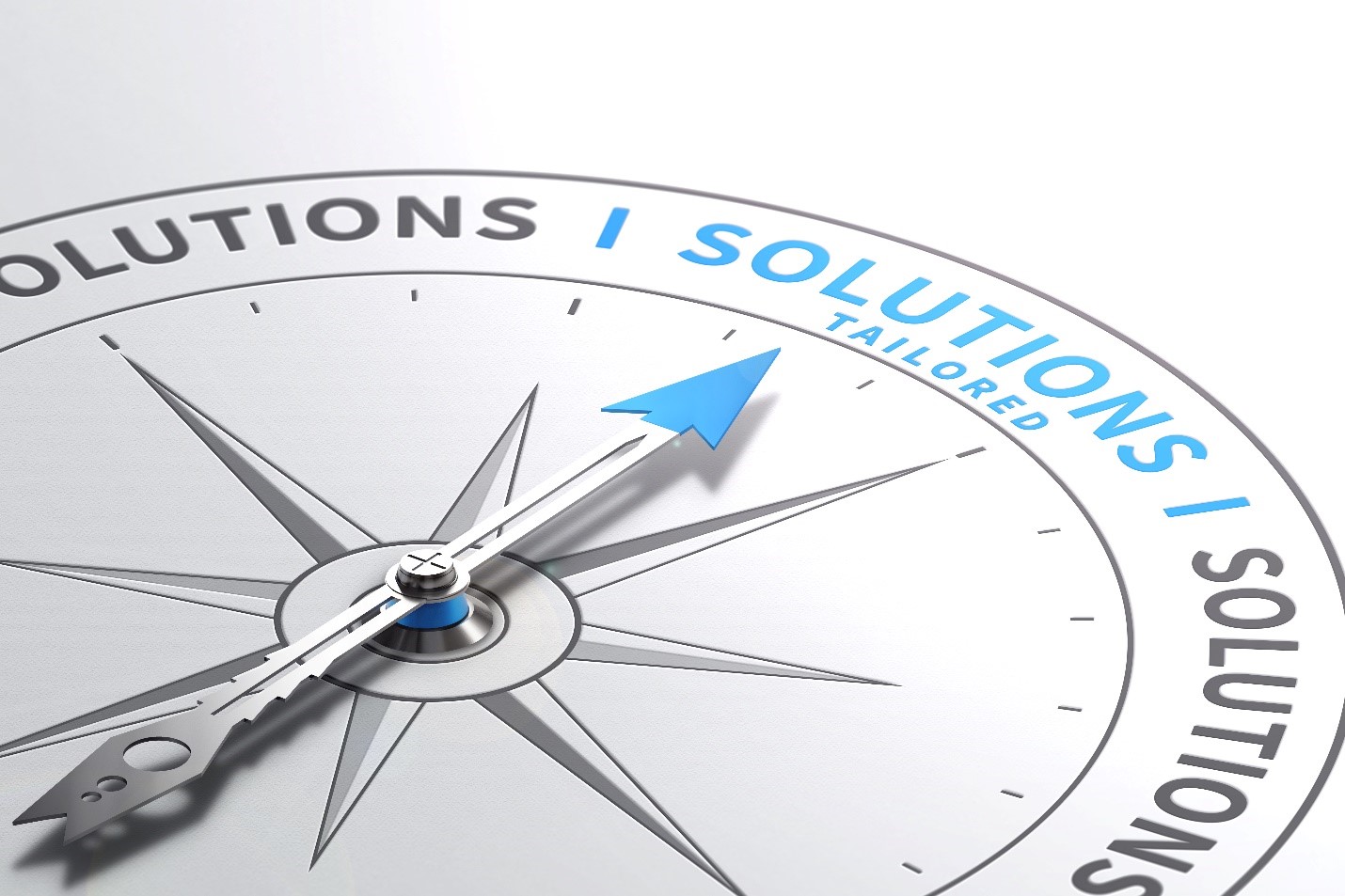The Best AI Infrastructure Hardware for the Level of Complexity You’re Planning
While AI can benefit many organizations, how do you select the best infrastructure to match your needs and level of AI experience?
Let's consider some scenarios from organizations with different experience levels with AI complexity.
Scenario A - We know we need AI to extract greater value from our data, but we want to move carefully into AI.
It is important to consider the size of analysis needed. If you have just one or two people, then your focus should be on an AI workstation rather than a small, project-scale cluster.
If you're considering an AI workstation, it is important to buy from an organization that specializes in HPC and AI hardware, not just generic IT hardware. This will ensure they have relationships with the right component suppliers. It will also ensure they have access to engineers who can ensure strong ROI for AI workloads, based on a deep knowledge of the significant burden AI puts on hardware.
For small, project-scale clusters, ensure your vendor is up to speed on the latest technology and has strong partner relationships. This will ensure you have access to the components you need as well as be able to take advantage of new developments as they emerge.
Scenario B - We have an existing AI system, but it is old technology that needs to be replaced and we’re sure we can find something more up to date at a reasonable cost, that gives us more value.
In this situation, you should consider a custom-tailored AI cluster, ideally one built in a modular fashion. This allows for customization in different areas, including computing power, networking speed, etc., based on the needs of your AI workloads. And, as your AI instance grows or just changes as the industry progresses, you can upgrade or otherwise change one section of your AI cluster without having to start from scratch
If you are looking to upgrade clusters or mid-size systems, it is important to meet with a vendor that specializes in AI cluster design, rather than one that also needs to devote scarce resources to designing, marketing, and selling laptops, cloud-related technologies, or other non-core offerings. For these large firms, there is little ROI in spending engineering and manufacturing resources on custom solutions for each client, so finding the right vendor is essential.
One other thing to consider is the professional services your team requires, whether that be training or just rack and stack.
Scenario C - We’ve been using AI for a while and feel that we could handle a bigger, more robust system and get more value from AI.
Once your team has developed a level of comfort working with AI, you may want a system with greater capabilities. In this case, you should consider an AI cluster that you can build upon over time. This allows you to focus on technologies you really need and allows your infrastructure design team to use more traditional technology in other areas so that you can spread your budget out further.
For larger clusters, you might consider a vendor who can offer a “supercomputer-in-a-box” if cost is not an issue, you are not concerned about vendor lock in, and you have no need to customize your cluster. Otherwise, choose a vendor that uses a building block approach to building clusters, so you can avoid those issues. Ideally, your vendor should also be able to customize hardware, so that you can be assured of quality in this custom infrastructure.
Here too, consider whether your team has the time to do all the necessary set up tasks or if you need professional services help (i.e., rack and stack) and whether your chosen AI cluster partner can provide that.
No matter your experience with AI complexity, ensure you match your needs with the best solution for your specific needs. To learn more about custom-tailored clusters and other AI infrastructure solutions, speak with a Silicon Mechanics engineer.
About Silicon Mechanics
Silicon Mechanics, Inc. is one of the world’s largest private providers of high-performance computing (HPC), artificial intelligence (AI), and enterprise storage solutions. Since 2001, Silicon Mechanics’ clients have relied on its custom-tailored open-source systems and professional services expertise to overcome the world’s most complex computing challenges. With thousands of clients across the aerospace and defense, education/research, financial services, government, life sciences/healthcare, and oil and gas sectors, Silicon Mechanics solutions always come with “Expert Included” SM.
Latest News

In today's data-driven environment, a one-size-fits-all storage solution isn't enough.

Deciding Between Intel Xeon 6 P-Cores and E-Cores: Which Fits Your Workload?
With Intel's latest Xeon 6 processor release, businesses now have two distinct core options to choose from: Performance-cores (P-cores) and Efficiency-cores (E-cores). But how do you determine which is the right fit for your specific computing needs?
READ MOREExpert Included
Our engineers are not only experts in traditional HPC and AI technologies, we also routinely build complex rack-scale solutions with today's newest innovations so that we can design and build the best solution for your unique needs.
Talk to an engineer and see how we can help solve your computing challenges today.